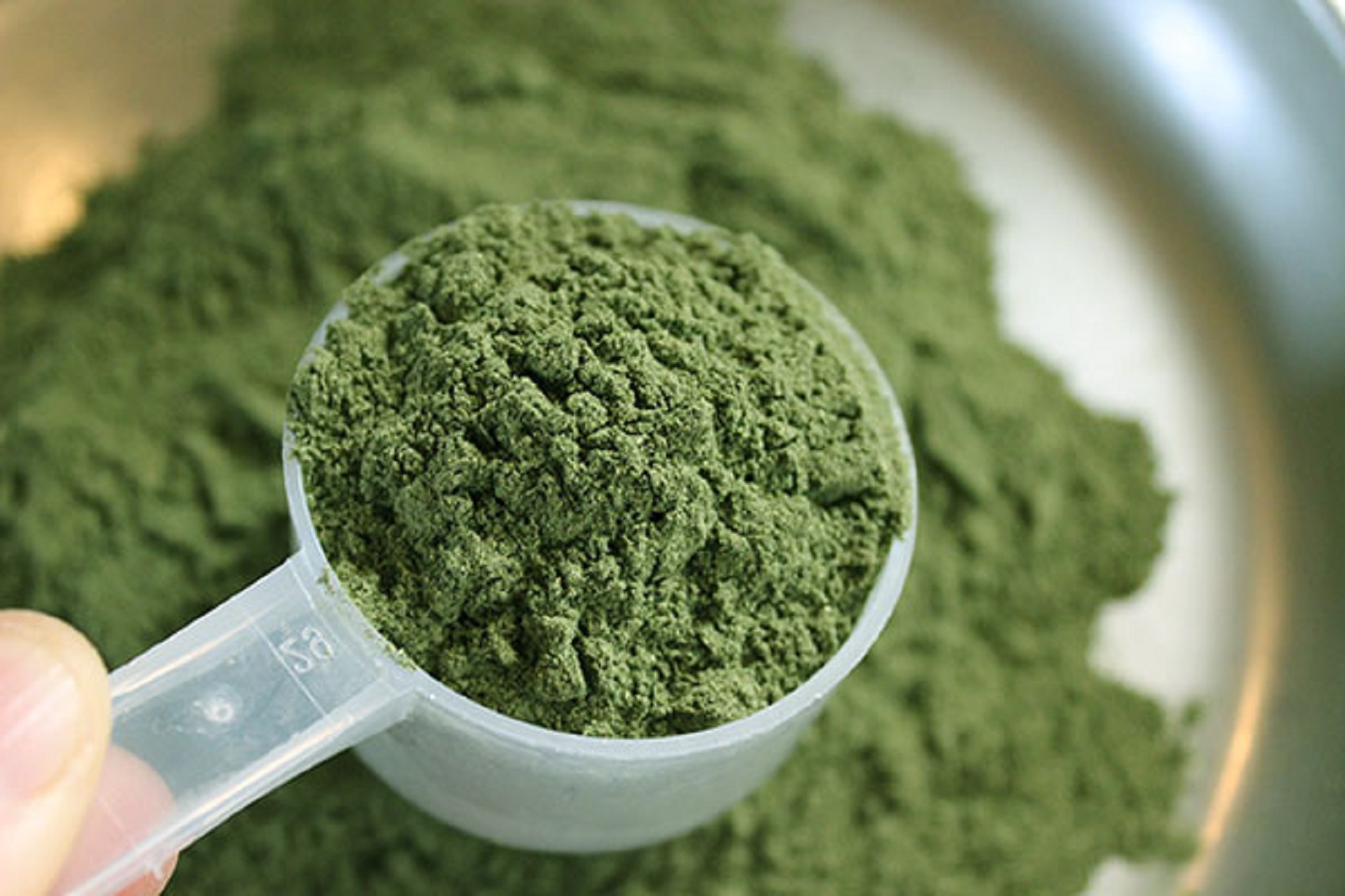A firm linked to a government seizure of $1.3 million in kratom products denied in federal court that the botanical is a new dietary ingredient (NDI).
The “affirmative defense” raised by MT Brands LLC asserts the “articles” seized were marketed in the U.S. before Oct. 15, 1994.
Dietary ingredients marketed before the above date are not subject to a notification requirement in the law to demonstrate their safety to FDA.
For several years, FDA has raised concerns over kratom, a botanical from Southeast Asia which has long been the subject of an import alert. Although several companies aiming to lawfully market kratom in dietary supplements have submitted to FDA premarket NDI notifications, the agency has essentially rejected all of them, citing safety concerns and other considerations.
Read more at Natural Products Insider.



















